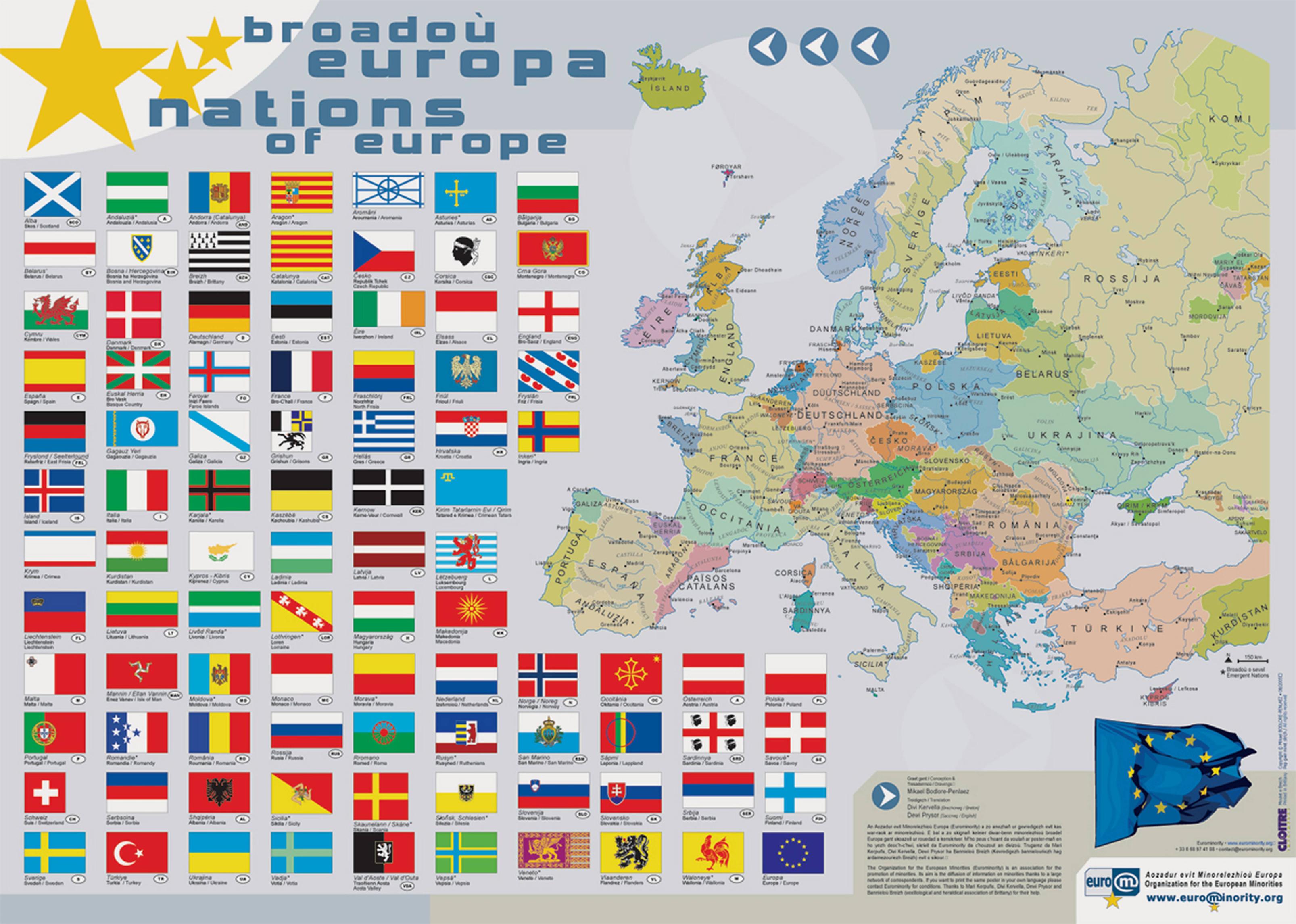UMD Generation M U.S Chair @MarioHristovski responds in an op-ed to a Foreign Affairs piece by Timothy Less called “Dysfunction in the Balkans” in which he proposes the U.S supporting the partition of Macedonia and other Balkan countries along ethnic lines.
The neoliberal global hegemony is under tremendous pressure. Both the election of Trump, the success of Brexit, and the surge of populist movements in Europe have made many question the lofty goals of free trade and open borders at the expense of national sovereignty. The Balkans are no exception. Less, in his recent piece entitled, “Dysfunction in the Balkans” is correct to point out that many of the post-Yugoslav countries have struggled to put aside national sentiment to pursue more economic growth and integration. However, less examines the problem through a misguided and myopic focus. The problem is not with the former-Yugoslav republics. It’s not even a Balkan problem. It’s a European problem.
One does not have to think hard to recall the independence movements of the Catalonia region of Spain, headed by the culturally and linguistically separate Catalans. Most can recall the call for Scottish autonomy, narrowly defeated by the now-ironic plea of “Stronger Together” from the U.K. If we follow less’s prescription, it would provide the necessary catalyst and justification for the dramatic changing of European borders. France would most likely have a large portion of its territory seceded to the Occitans, and Spain would also lose territory to the Basques and Catalans, as well. Lest we forget the can of worms it would open up in Ukraine.
As for Macedonia having to “accept the loss of territory to which they are sentimentally attached and without any significant territorial compensation”, less is once again missing the forest for the trees. In fact, Macedonia would more greatly increase its size, because it will have gained the Macedonian-populated regions of Pirin Macedonia in present-day Bulgaria, Aegean Macedonia in Greece, and Mala Prespa in Albania, whose populations have also formed political parties and subsequent protests for more rights. But of course, this does not seem to fit the chimerical worldview Less prescribes to. The Yugoslav countries are not the only states encompassing nations across borders. To suggest a redrawing of borders is to suggest further destabilization of the Balkans. Take Macedonia for example. Not only would Macedonians be separated from Ohrid, the religious and spiritual center of Macedonia since the 9th century, but it would undo years of progress, already made. Macedonian-Albanians have become an integral part of Macedonia’s diverse society. Not only is Albanian recognized as an official language within Albanian-speaking areas, with colleges and schools to teach it, but Macedonian-Albanians continue to hold seats in parliament, and are our physicists, artists, writers, doctors and so-forth. Even during the “ethnically destabilizing” protests within Macedonia, one could scarcely walk around and not see Macedonian and Albanian flags tied together in a symbol of brotherhood and unity.
However, the absurdity of Less’s argument is not his misguided focus on the former Yugoslav republics. It’s not that milestone it would set for a dramatic reshaping of Europe. Less, like many Westerners writing on the Balkans, assumes these issues are deep-seated, and in-turn incurable ills amongst the people of the Balkans. Dramatic re-aligning of borders would thus be the only conclusion. Nothing could be further from the truth. This is the same “war-torn” Balkan region that had high interfaith marriage rates during Yugoslavia, and had numerous minorities fighting together for the goal of liberation from the Ottoman Empire. In a span of 24 years, Less has already determined that these issues are immovable. He has ignored the vast swathes of history that point to the opposite. His view is that of the Western enlighteners in the 1800s, graciously intervening to solve the problems of the pesky Balkans–the same enlighteners who also conveniently planted the seeds for the current turmoil. This soft bigotry of low expectations is why he avoids talking about Greece, a seemingly more “Western” country in the Balkans, but also experiencing the same issues. It is precisely this paternalistic attitude that has caused ethnic strife in the Balkans to rebound throughout history. Reaching a zenith during the 1800s and early 1900s, we also see an overwhelming role played by external forces. This is not to say we should not embrace help from the U.S and other Western nations when it is needed. In fact, it can prove quite beneficial to the geopolitical and economic interests of many states. However, the view of Balkan nationalism that Less and many throughout history have taken does not provide a constructive working model for solving problems. Assuming the people of the Balkans cannot solve their own ethnic dilemmas and determine their own future, only serves to further disillusion the people and drive them deeper into a hopeless race for the bottom.
Macedonia, and the Balkans as a whole, has its future in NATO and the European Union. Broad-sweeping reforms have already taken place, but much work remains to be done. With Russia breathing down upon the neck of many Balkan states, Less’s proposal falls perfectly in Putin’s plan–further disillusionment towards Europe and more ethnic conflict for Russia to mediate. Instead of rewarding all of the progress that has already been made, Less wants to destroy it and permanently sever the people of the Balkans from Europe. The irony, of course, is that once the Balkans is firmly politically and economically integrated with Europe and the Transatlantic community, borders will become meaningless. Free trade, open borders for goods, services, capital, investments will freely flow between the various states, regardless of what ethnic lines exist. Less speaks of the U.S benevolently bestowing a “final service” upon the Balkans by ethnically fragmenting it–using further balkanization to solve the problems in the Balkans. The final service the U.S should, and will bestow, is when it will finally greet future EU members Macedonia, Serbia, Montenegro, and Bosnia and Herzegovina into NATO and lay a road map for a mutual future progress.
—
The views of the author may not necessarily reflect the views of the United Macedonian Diaspora and Generation M.

